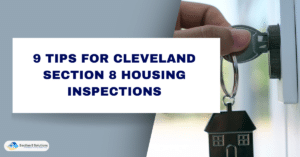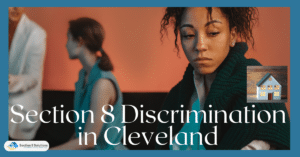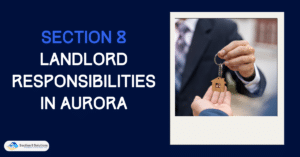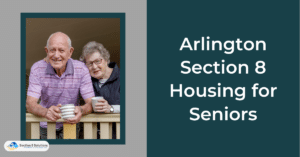New Orleans Section 8 offers low-income households affordable housing. Section 8 tenants are protected by key rights. These rights include fair treatment, reasonable accommodation, and a safe and habitable living environment, protecting New Orleans Section 8 tenants.
In this blog, we will provide you with comprehensive information about your rights as a tenant in the Section 8 Program, covering topics such as eligibility, fair treatment, reasonable accommodation, living conditions, lease and rent regulations, and termination and eviction protections.

Eligibility Criteria
New Orleans’ government-funded Section 8 Program offers low-income families affordable housing. The program has income, family size, and citizenship requirements. Prospective tenants must understand these criteria to qualify for Section 8 housing.
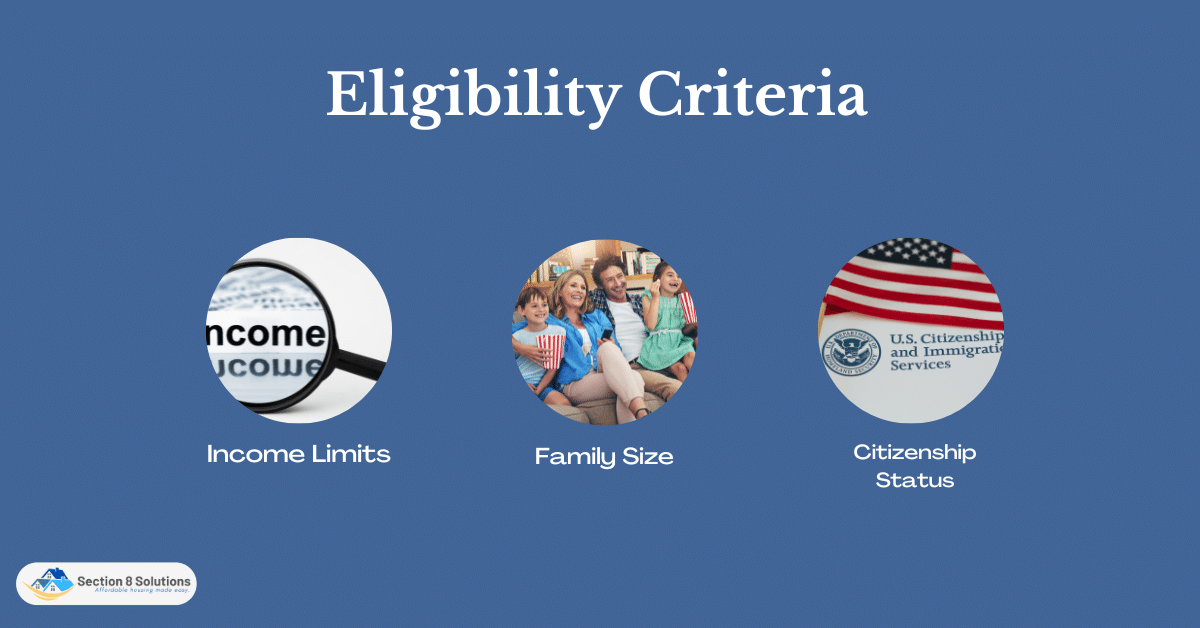
- Income Limits: Eligibility for the Section 8 Program in New Orleans is based on household income, which must fall below a certain percentage of the area’s median income, as determined by the New Orleans Housing Authority (NOHA).
- Family Size: The size of the household is also taken into consideration, as larger families may be eligible for higher income limits.
- Citizenship Status: Applicants must be U.S. citizens or eligible non-citizens to qualify for the Section 8 Program in New Orleans.
Prospective tenants must understand New Orleans’ Section 8 Program qualifying criteria to qualify for affordable housing. Income constraints, family size requirements, and citizenship status determine program eligibility. Eligible candidates can use the Section 8 Program in New Orleans to find affordable housing for themselves and their families by completing these criteria.
Right to Fair Treatment
New Orleans Section 8 renters are entitled to equitable treatment. As a government-funded program, the Section 8 Program is subject to federal and state laws against discrimination based on race, color, religion, sex, handicap, familial status, or national origin.
Landlords and housing authorities must treat Section 8 tenants equally. Tenants can report discrimination. The U.S. Department of Housing and Urban Development (HUD) or the Fair Housing Action Center (FHAC) in New Orleans often handles discrimination complaints.
Tenants should know the complaint process and act if they feel discriminated against. Gathering proof, documenting instances, and filing a formal complaint within the deadlines may be required. The complaint process protects tenants from reprisal.

Right to Reasonable Accommodation
New Orleans Section 8 tenants, especially disabled residents, must have the right to reasonable accommodation. The Fair Housing Act requires landlords and housing agencies to make reasonable accommodations for disabled tenants to ensure equitable housing opportunities.
Disabled tenants can request reasonable accommodations to fully enjoy their housing. These accommodations may involve physical alterations to the unit or common areas, policy changes, or other adaptations to allow the renter to use and enjoy the premises.
Disabled residents must write to their landlord or housing authority for reasonable accommodation. The request should specify the accommodation and its necessity. The landlord or housing authority must consider the request with the tenant to see whether it may be accommodated.

Right to a Safe and Habitable Living Environment
n the Section 8 Program in New Orleans, tenants have the right to a safe and habitable living environment. This means that their rented unit must comply with local building codes, and health and safety regulations, and provide basic amenities for decent living conditions.
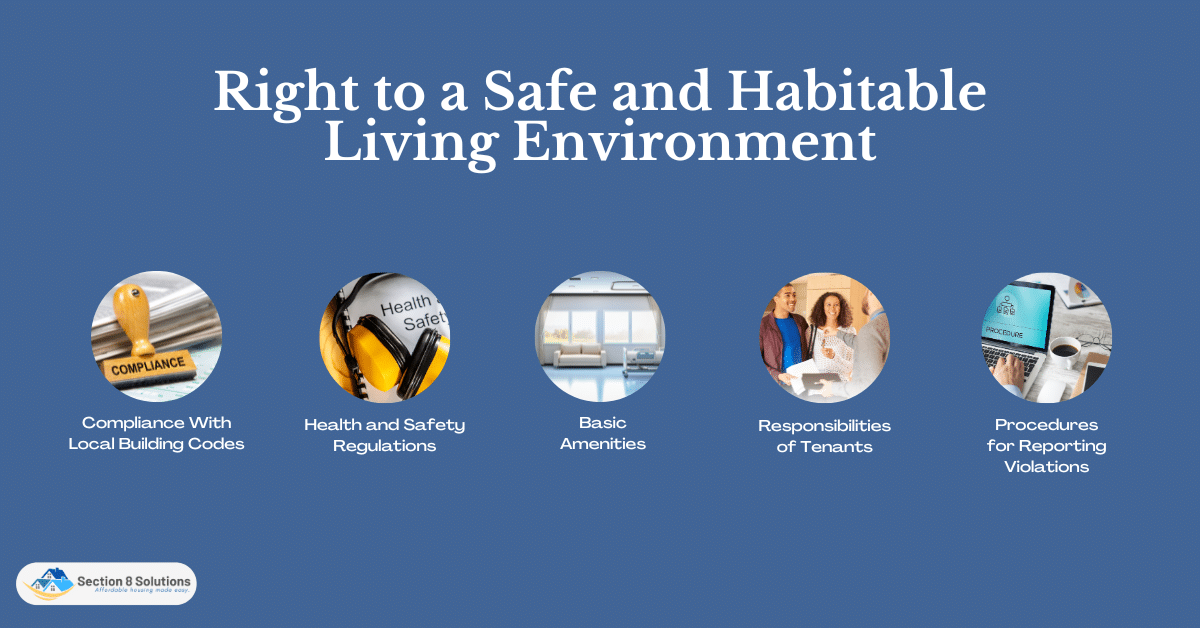
1. Compliance With Local Building Codes
Compliance with local building codes is a requirement for landlords participating in the Section 8 Program to ensure that their rental units provide a safe and habitable living environment for tenants. This includes addressing structural deficiencies, maintaining proper electrical and plumbing systems, and addressing health and safety concerns such as mold or lead-based paint. Non-compliance can result in fines, penalties, and eviction. Tenants should be vigilant in identifying and reporting any potential building code violations to protect their health and safety.
2. Health and Safety Regulations
Section 8 landlords must follow health and safety standards. This involves keeping tenants safe from vermin, mold, lead-based paint, and other health dangers. The landlord must fix health and safety hazards immediately to keep the rental unit habitable and safe for tenants.
Tenants can report health and safety issues to authorities and seek remedies if their landlord fails to meet these requirements. Housing authorities may also inspect Section 8 properties for health and safety compliance.

3. Basic Amenities
Rental units that participate in the Section 8 Program are required to provide the fundamental conveniences essential for a comfortable living environment. These may include having access to clean water, heating and cooling systems that work properly, adequate ventilation, appropriate sanitary facilities, and smoke alarms that are in good working order. Tenants have the legal right to anticipate that their landlord would offer and keep these fundamental conveniences in working order at all times.
4. Responsibilities of Tenants
While landlords have the primary responsibility for maintaining a safe and habitable living environment, tenants also have certain responsibilities. Tenants are typically required to report any maintenance issues or health and safety concerns to their landlord promptly. Tenants should also comply with the terms of the lease agreement, including keeping the rental unit clean and properly using the amenities provided.

5. Procedures for Reporting Violations
Tenants can report complaints if they believe their rental unit does not satisfy safety and habitability standards. Contact the housing authority, health department, or building code enforcement agency. If required, tenants should report infractions and request rent withholding or fix and deduct.
Finally, New Orleans Section 8 residents are entitled to a secure and habitable home. Landlords must follow local health and safety, building, and amenity codes. Tenants must report infractions and maintain the rented unit. Tenants must know their rights and intervene if they think their rental unit is unsafe or unlivable.
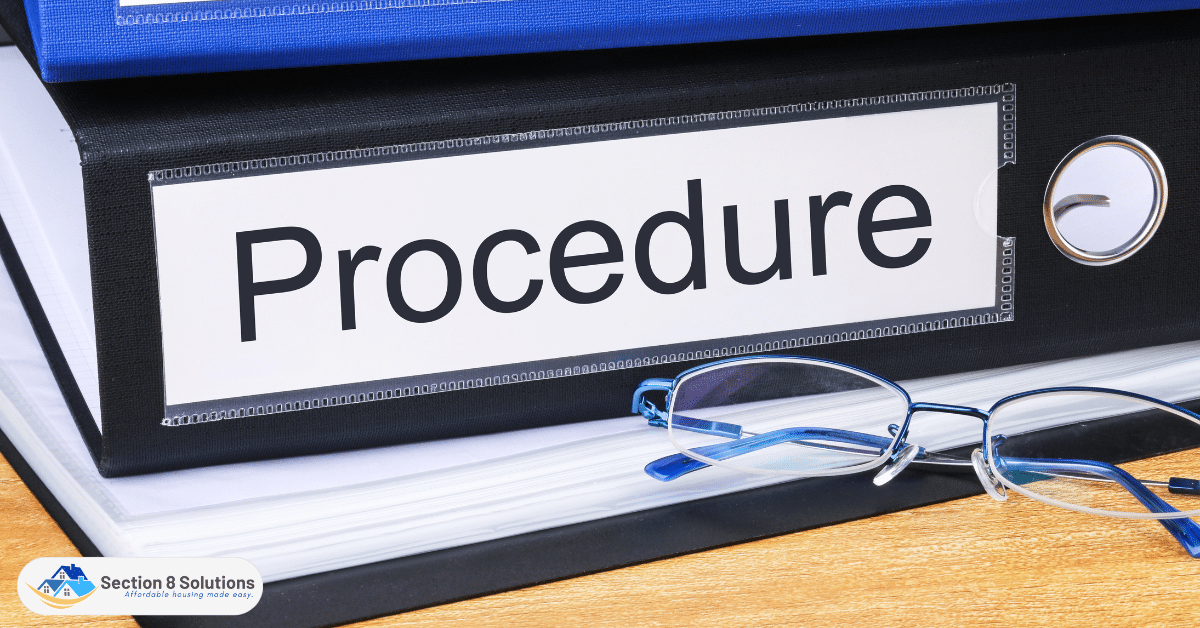
Lease and Rent Regulations
Lease and rent regulations play a crucial role in the Section 8 Program in New Orleans, as they govern the legal relationship between tenants and landlords. Understanding the lease and rent regulations is essential for tenants to ensure their rights are protected.
Section 8 residents must sign a NOHA-standard lease agreement with their landlord. This lease agreement defines the tenant’s and landlord’s rights and duties.
Tenants must pay rent on time, maintain the property, and follow the lease. Landlords must offer a safe and habitable living environment, perform repairs, and follow lease and rent rules.
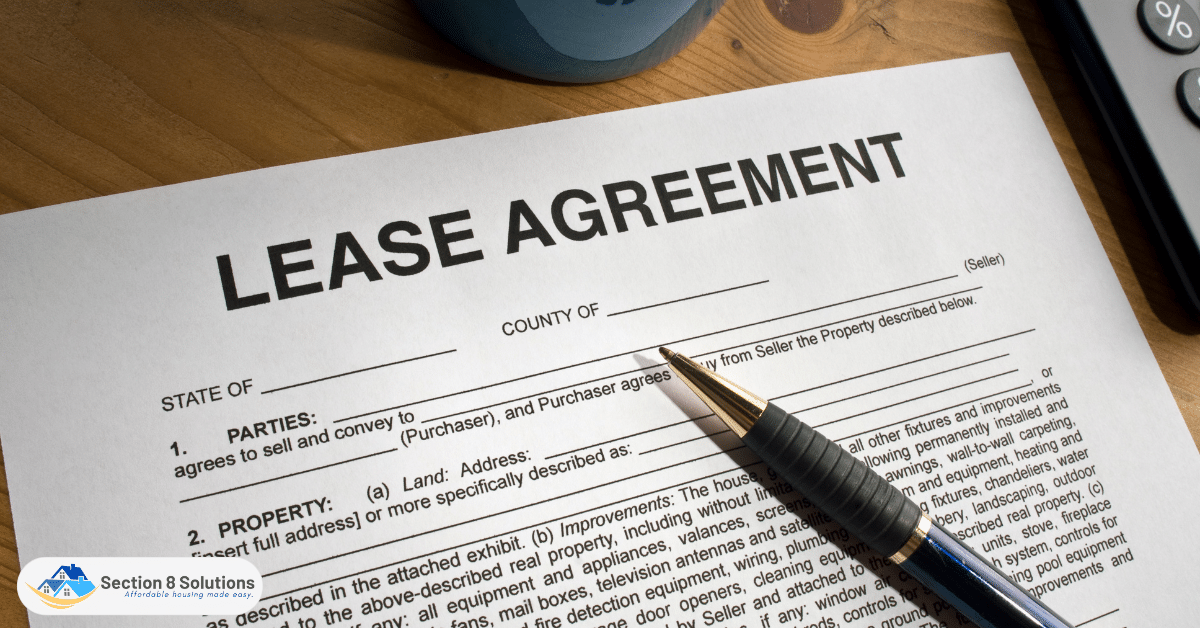
Termination and Eviction Protections
Termination and eviction protections are important safeguards for tenants in the Section 8 Program in New Orleans. Tenants have certain rights and protections in case of termination or eviction, which are crucial to understanding in order to safeguard their housing stability.
Section 8 Program termination may result from lease violations, nonpayment of rent, criminal behavior, or other program violations. Eviction requires adequate notice and compliance with the law. Before termination or eviction, tenants must be notified. Tenants usually have the right to formal notice of the grounds for termination or eviction, the chance to appeal, and relocation help if required by law.
Tenants facing termination or eviction have the right to appeal the decision, typically through a grievance or hearing process. It is important for tenants to be aware of their appeal rights and to exercise them if necessary to protect their rights and seek appropriate remedies.
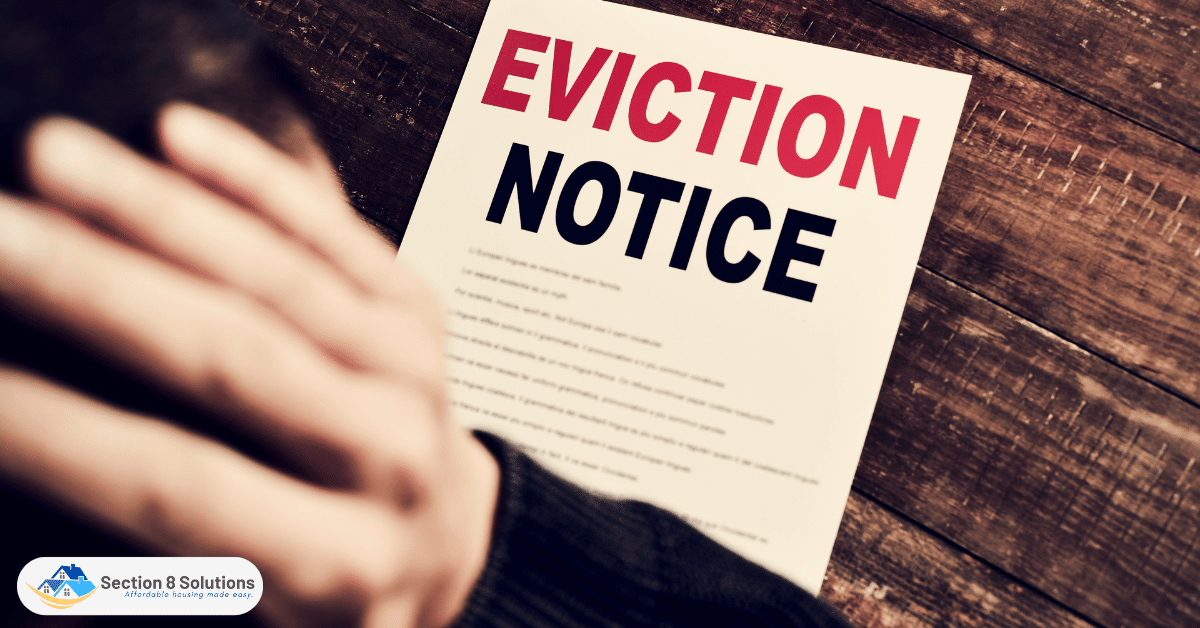
Conclusion
proactive in understanding and asserting their rights, and seeking appropriate resources and assistance when needed. Emphasize the importance of accurate and up-to-date information in the application process, and the right to appeal if denied eligibility. Conclude by highlighting the significance of tenant rights in ensuring housing stability and promoting fair treatment in the Section 8 Program in New Orleans.



